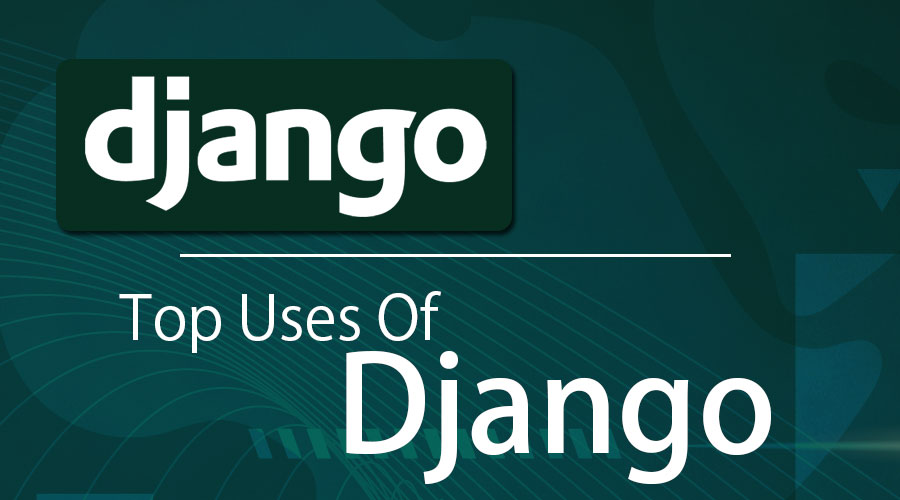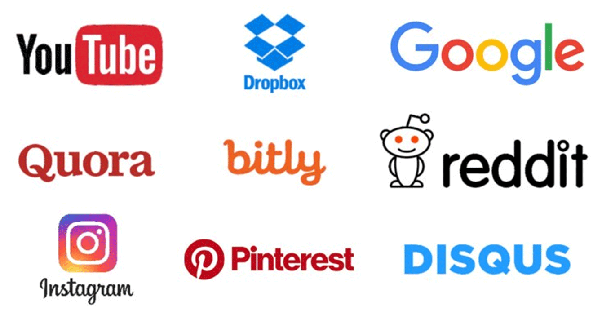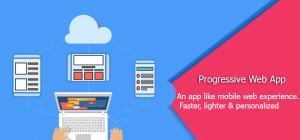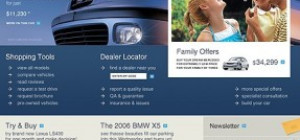Fast, simple, cost-effective, secure, and easy to learn are some adjectives that define Django!
When I started searching for Django, I found that a lot of documentation is available. It is highly organized and has originated from Python High-Level Programming Language. Django was built for faster programming practices. Nonetheless, frameworks speed up the development process and simplify mundane tasks. They are easy to implement and easy to code. Django in particular was developed to ease out common Web Development tasks.
Django is known for its ORM, authentication, session management support, HTML templating, middleware, URL routing, HTTP libraries, view layers, i18n, python compatibility, etc. Django allows developers to use modules for faster development. It contains a powerful template engine and its own markup language with many tools. It is widely used to create web apps and websites in less time. It can also be used to implement complex functionality like admin panels, authentication support, comment boxes, file upload support, contact forms, app management, and more. Django framework supports major databases like SQLite, PostgreSQL, and Oracle. Let us discuss this in more detail:
What Is Django Framework?
Django is a creeper that aligns with the Python stem. It is an open-source framework that has a huge community of contributors. It is easy to learn and use. Based on MVT (Model View Template) architecture, the data gets stored in the database, view is a Python function used to handle the web request and the template contains static content like HTML, CSS, and JavaScript.
Django is good for web application development (website development). We use Django for web app development for the following reasons:
Efficiency
Django’s DRY philosophy enables rapid development by avoiding code repetition and facilitating multiple app iterations with existing code reuse.
Security
Django prioritizes security, eliminating the need for manual security implementations and addressing common concerns like SQL injection, cross-site scripting, and click-jacking through frequent security patches.
Versatility
Django suits a wide range of web app projects, from basic websites to complex, high-volume applications. It’s cross-platform, compatible with major databases, and supports multiple database management systems simultaneously.
Reliability
Django’s longstanding presence and robust community support make it a dependable choice for web developers. Community resources are readily available for troubleshooting and assistance with projects.
When to Use Django?
You may use Django for developing a web application or API backend. It is also used for rapid development of web applications. Django can also be used for deploying the application fast and scoping it according to the business needs. It acts as a perfect ORM that assembles well with databases. Use Django when you want to create a Single page application.
What is Django used for?
Django is being used to create financial platforms that are prone to high risk.
- Custom CRM systems for internalizing data.
- B2B CRM systems for businesses.
- MVPs and prototypes
- Content Management Systems
- E-learning and mHealth applications
- Collaboration Software
- Online marketplaces
- Document management systems
- Real estate evaluation apps
- Android and iOS apps/web apps
- Ticket booking engines
- Shopping platforms
- Email notification systems
- Algorithm-based code generators
- Investment fund management interface
- Advanced filtering systems
- Facial recognition systems
- Admin dashboards
- Data analysis tools
List Top Companies that use Django Framework
Companies like Instagram, National Geographic channel, Mozilla Firefox, Spotify, Pinterest, Disqus, BitBucket, Eventbrite, Prezi (and many more)
When is Django a good choice?
Django is an excellent choice when:
If you’re creating a powerful, scalable web app with extensive data needs, Django’s ORM and database migration support simplify managing large datasets, and its built-in admin interface streamlines data administration.
If your app requires substantial user-facing features, Django’s pre-built forms, authentication, and authorization make implementing user registration and login straightforward.
If you need a rapid development solution, Django’s “batteries-included” approach provides abundant built-in functionality, reducing the need for extensive boilerplate code and enabling quick application deployment.
If you prefer Python for your backend, Django’s foundation in Python makes it a natural fit if you’re already familiar with the language or prefer using it for backend development.
What challenges can you face while using Django?
While it is a good choice for developing single-page applications, a simple website, or a small application, other JavaScript-based frameworks like Angular and React can perform even better. Alternatively, if you are developing a real time, highly concurrent application, Node.js would serve as a better choice as it is event-driven and highlights a non-blocking I/O model.
However, if you are building a mobile application, you will probably want to use a mobile-specific framework like Xamarin or React.
But you will still have to select between these frameworks based on your specific requirements, and the framework features. While one solution will never be able to fit into all the needs, a combination of two frameworks can also work if they are compatible and code merging is permissible.
Conclusion
As we conclude, let’s summarize why Django is the top reason for web development. It takes care of the redundancy in code and helps developers focus on the essential details. It prioritizes security as it has built-in protection against common vulnerabilities like SQL injection, cross-site scripting, and minimizing security breaches. Django is versatile as it suits a wide range of projects, from simple websites to complex, high-traffic web applications, thanks to its scalability and cross-platform compatibility. It features a robust community that provides extensive documentation, plugins, and support, making it easier to find solutions and assistance for your projects. Django framework is a natural choice, leveraging Python’s readability and versatility for web app development, if you prefer Python for your backend development.
Overall, Django is the best choice if you want to create web apps in a few days. It has a built-in admin interface which makes it easier to work with. It is responsible for designing, developing, and maintaining web applications. It is in high demand and a great career choice which is a reason of popularity of any Django development company.








